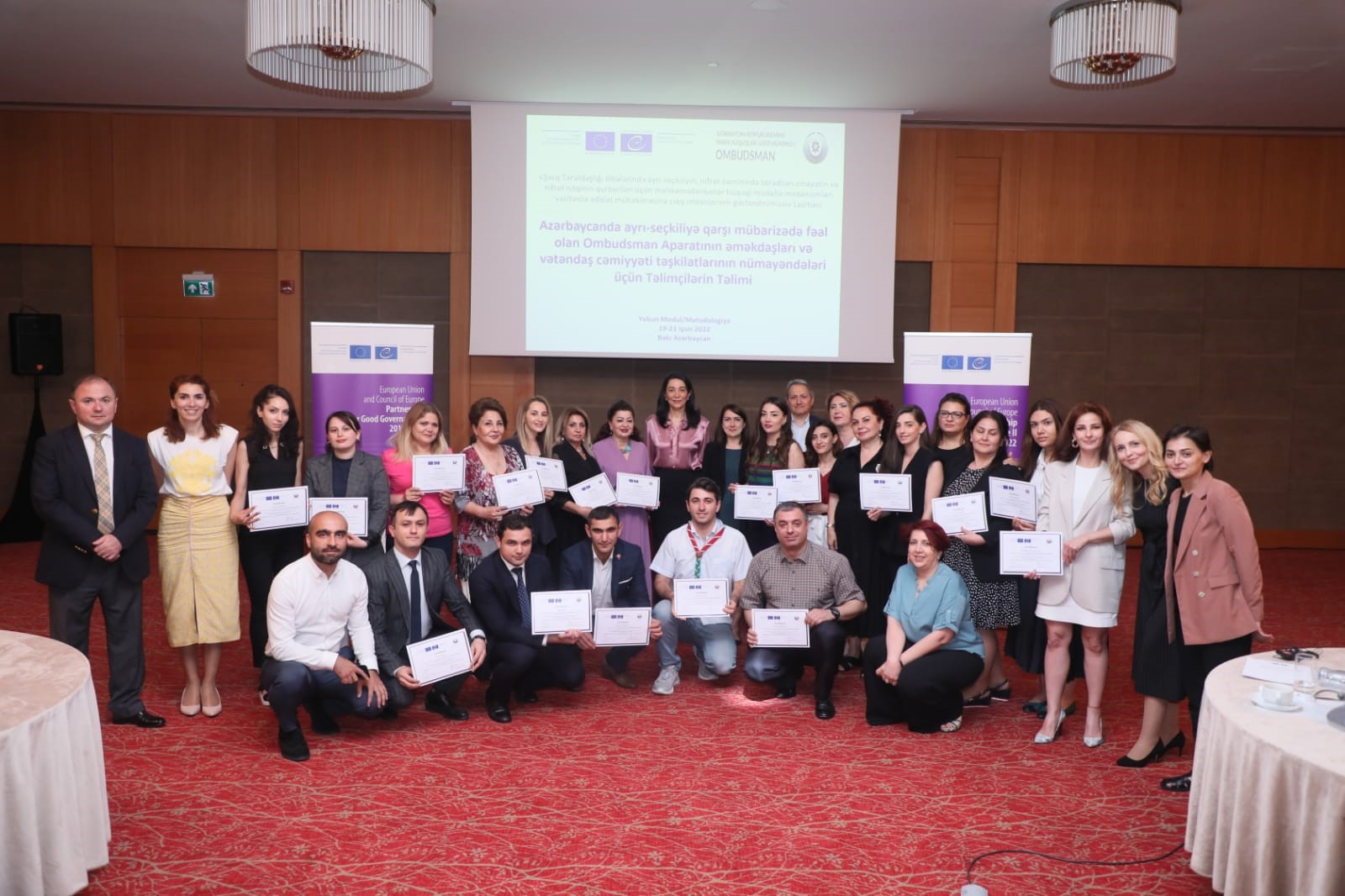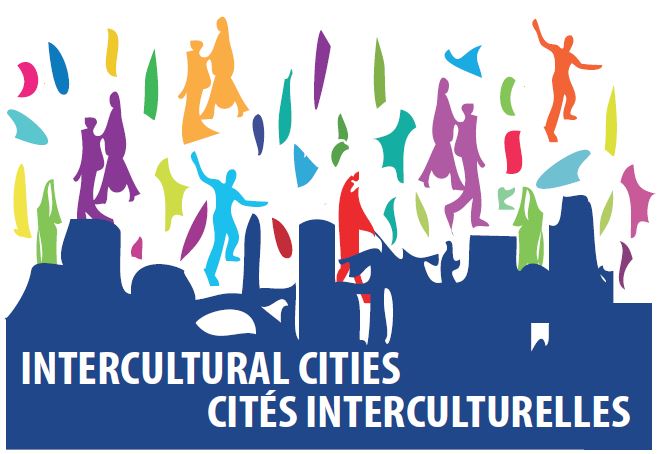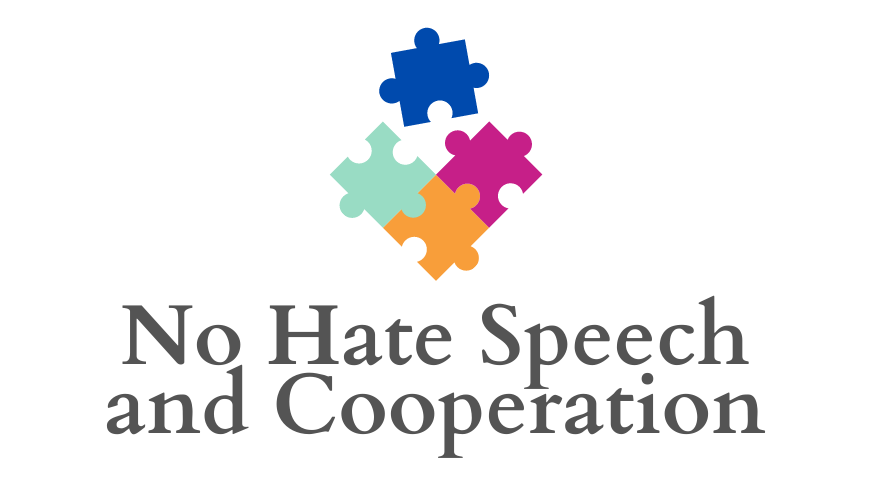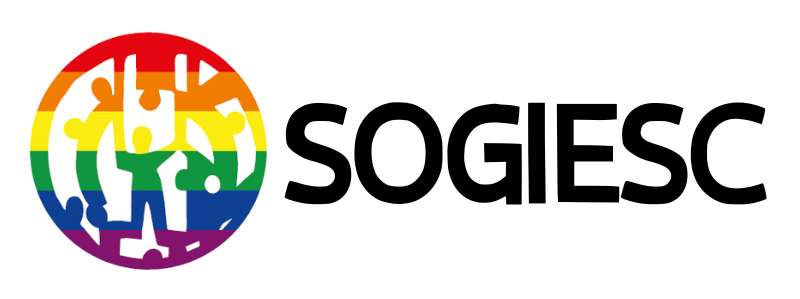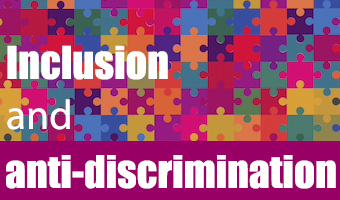19-21 June 2022 – Thirty participants, representative of the Ombudsman office staff and representatives of civil society organizations have successfully completed the Training of Trainers on Combating Discrimination, held from November 2021 to June 2022.
The Training, partly taking place online, partly in person, enhanced knowledge and practical competences of newly trained trainers on key concepts and manifestation, international, European and domestic standards relating to the antidiscrimination, hate speech and hate crime. Further, it strengthened trainees’ skills to offer support to victims of discrimination and develop their competences but also to act as trainers during the future activities on promoting equality and antidiscrimination in Azerbaijan. The participants got familiar also with the different Council of Europe educational resources and tools, such online courses on antidiscrimination, hate speech and hate crime and various relevant recommendations translated into local language, that are not only setting standards in this field but also providing guidelines to member states and other relevant actors for their implementation.
During the evaluation session participant expressed appreciation for this programme and support to this type of events, and also shared the number of ideas for further cooperation in this area, following inclusive approach, involving all relevant actors and promoting antidiscrimination values in whole society by awareness raising and capacity building activities.
At the end of the Training, the participants had opportunity to exchange with Sabina Aliyeva, Human Rights Commissioner of Azerbaijan, regarding the work in the field of equality and antidiscrimination her institution is doing. The Commissioner, together with Angela Longo, Council of Europe Programme Manager awarded certificates to newly trained trainers and encouraged their further activities in this field.
The Training of Trainers was organized in cooperation between the Commissioner for Human Rights (Ombudsman) of the Republic of Azerbaijan and the joint European Union and Council of Europe project “Strengthening access to justice through non-judicial redress mechanisms for victims of discrimination, hate crime and hate speech in Eastern Partnership countries”, implemented in the framework of the programme “ Partnership for Good Governance II 2019-2022.



